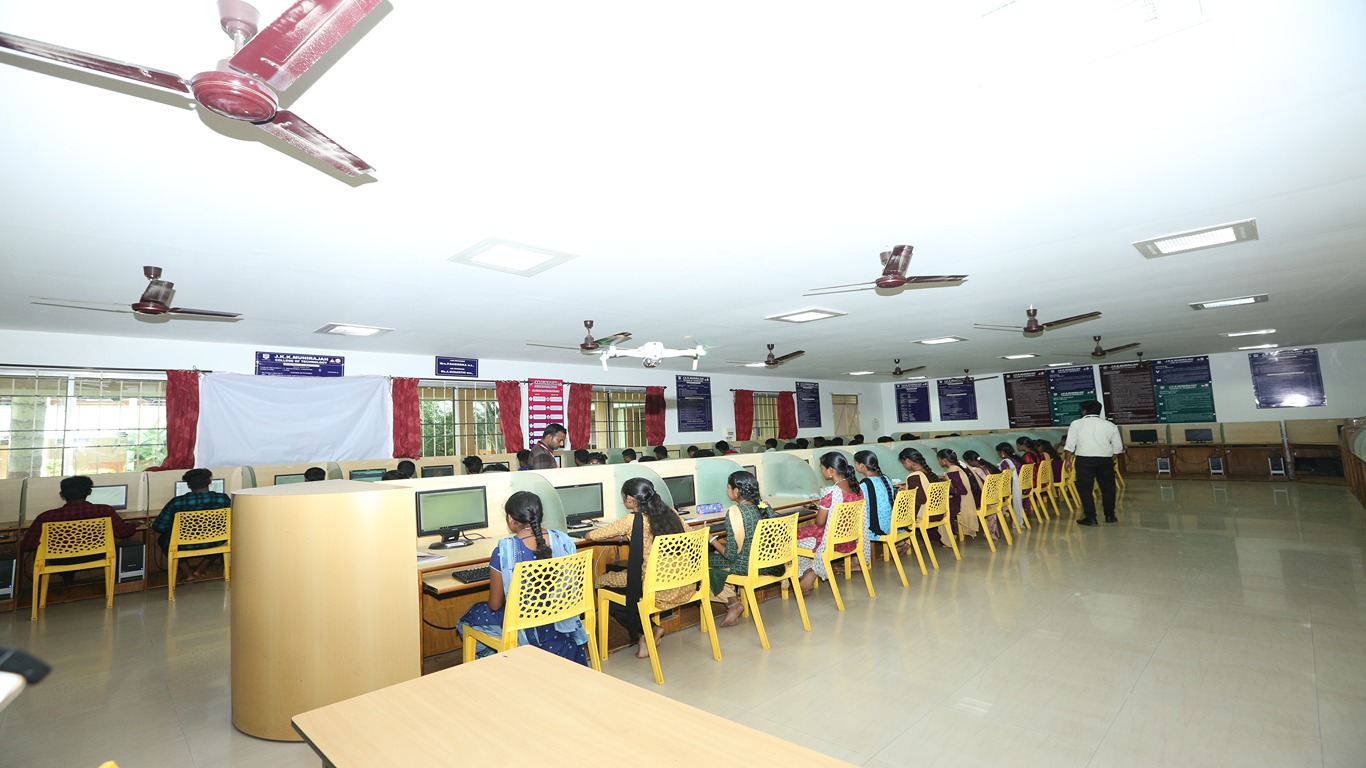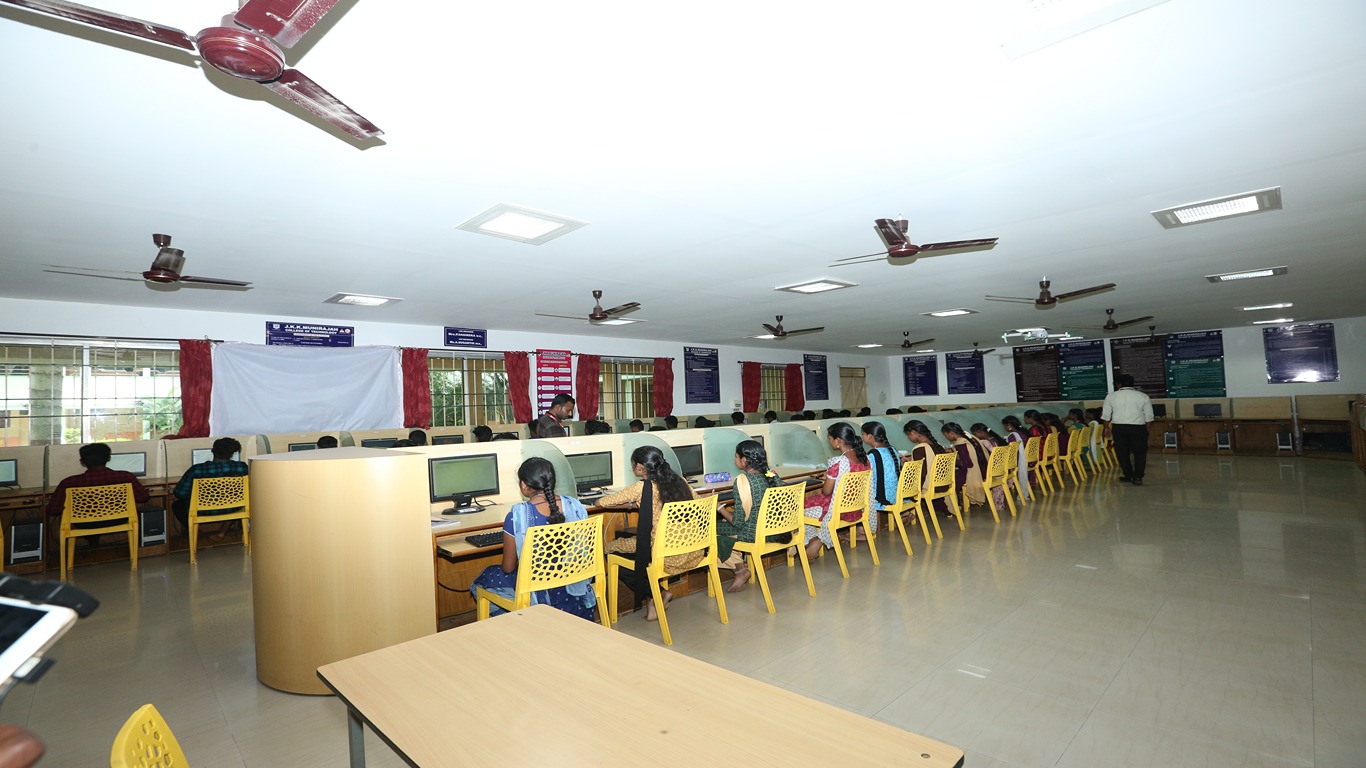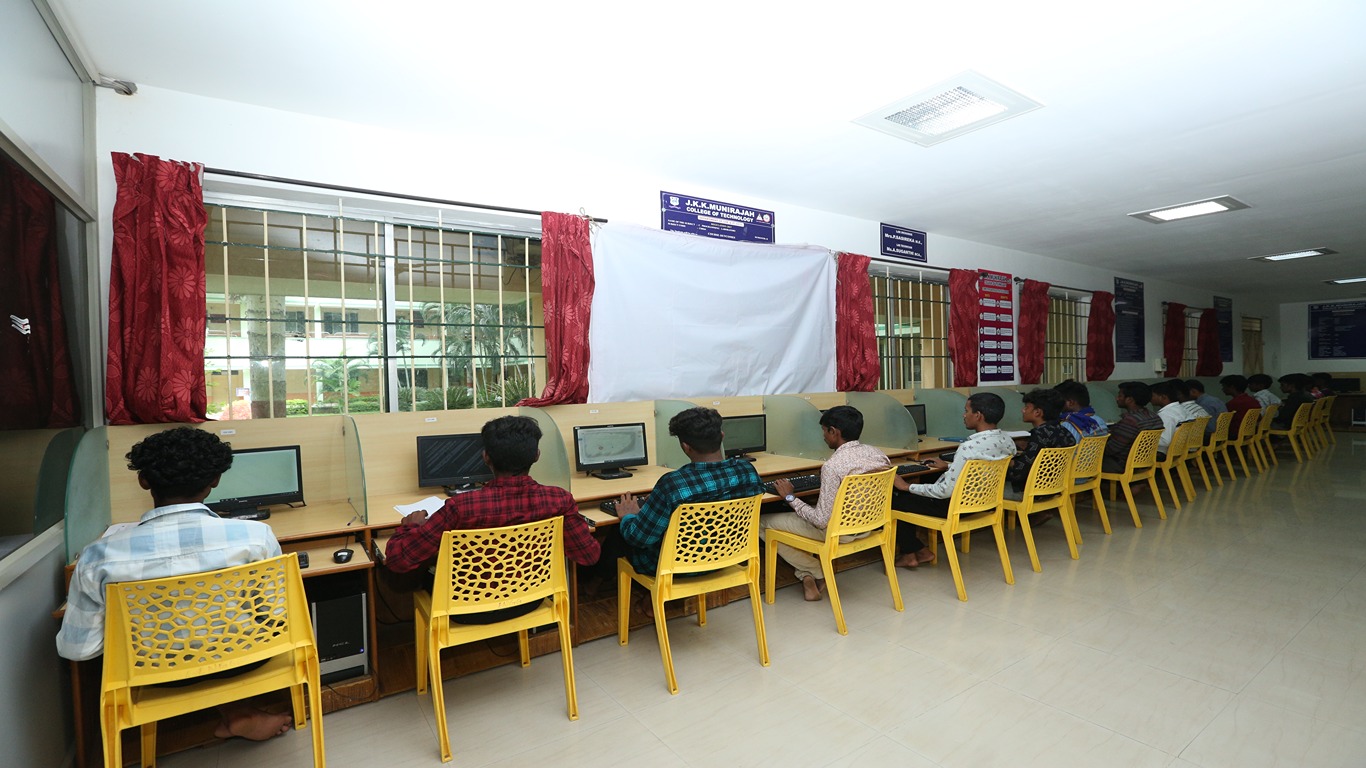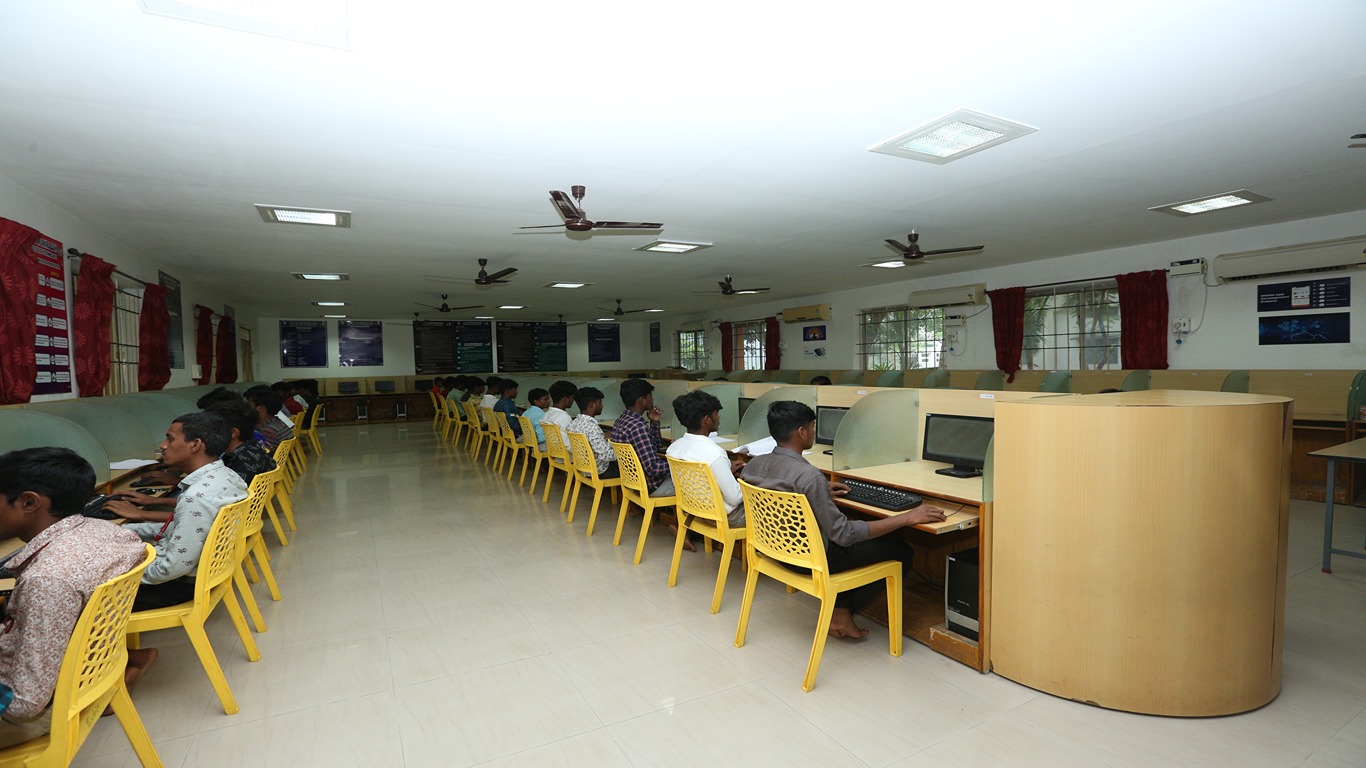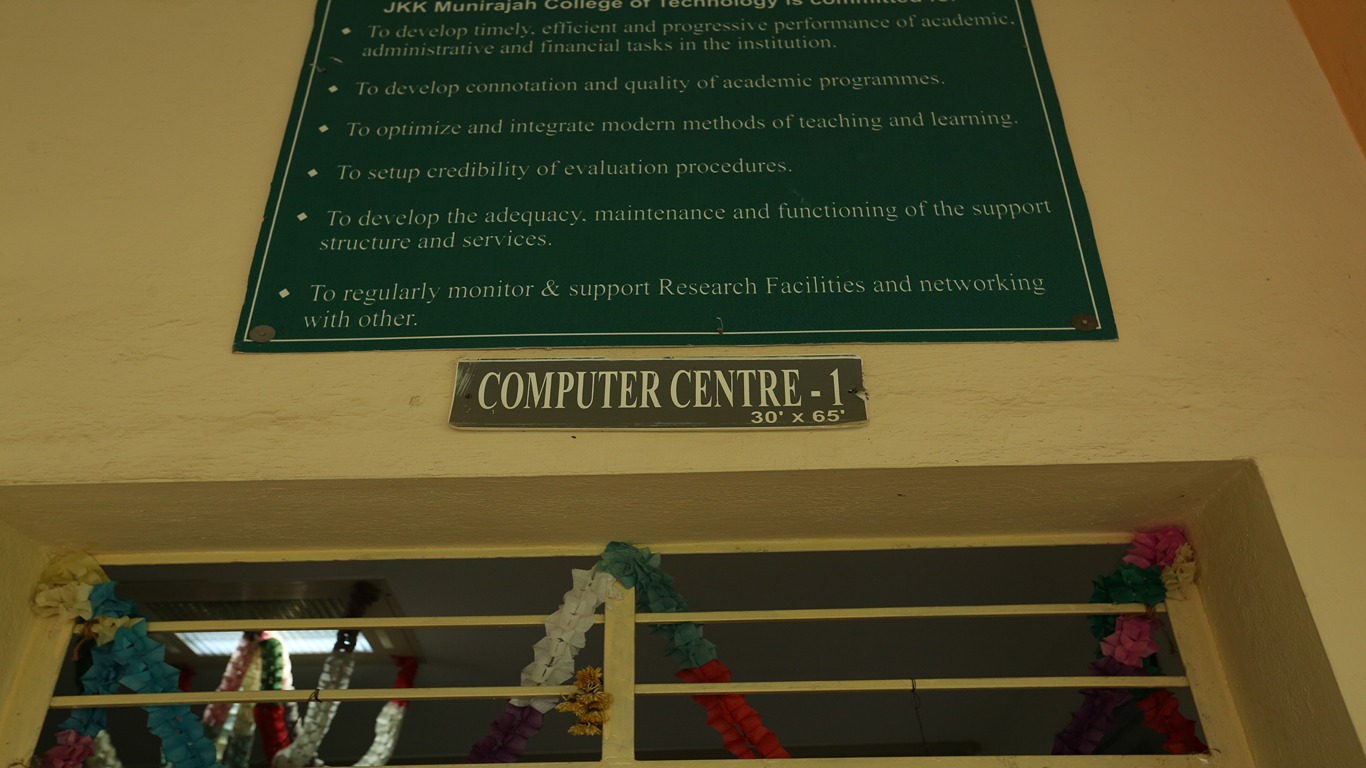CSE (Cyber Security)
What is CSE Cyber Security?
CSE - Cyber Security is one of the popular courses among engineering aspirants which mainly focuses on computation, analysis of algorithms, programming languages, program design, software engineering, computer hardware, computer networks and problem solving skills.
Why should I study CSE Cyber Security?
CSE Cyber Security is a growing field pursued by many students who want to develop invaluable skills and an in-depth understanding of protecting information from threats or cyberattacks. This programme helps you tackle complex challenging issues to have a prosperous future in reputed organisations.
Current Year Intake: 60 Seats
Vision
To provide career opportunities and leadership skills in the rapidly expanding sector of cyber security and safety, with preserving ethical values.
Mission
To educate students with excellent Cyber Security education to ensure they may become proficient in both the basics and modern techniques for preventing off cybercriminals, Investigate cyber defences in depth and come up with new ways to deal with the complicated and ever-increasing cyber threats.
PROGRAM EDUCATIONAL OBJECTIVES (PEOs)
Graduates can
- Actively engage with initiatives that facilitate the ongoing development of their IT and cyber security skills.
- Enhance their communication skills to become proficient communicators, hence increasing their employability in the domains of cyber security and other related sectors.
- Participate actively in activities that facilitate the ongoing development of their technological and cyber security abilities.
PROGRAM OUTCOMES (POs)
- Engineering knowledge: Apply the knowledge of mathematics, science, engineering fundamentals, and an engineering specialization to the solution of complex engineering problems.
- Problem analysis: Identify, formulate, review research literature, and analyze complex engineering problems reaching substantiated conclusions using first principles of mathematics, natural sciences, and engineering sciences.
- Design/development of solutions: Design solutions for complex engineering problems and design system components or processes that meet the specified needs with appropriate consideration for the public health and safety, and the cultural, societal, and environmental considerations.
- Conduct investigations of complex problems: Use research-based knowledge and research methods including design of experiments, analysis and interpretation of data, and synthesis of the information to provide valid conclusions.
- Modern tool usage: Create, select, and apply appropriate techniques, resources and modern engineering and IT tools including prediction and modeling to complex engineering activities with an understanding of the limitations.
- The engineer and society: Apply reasoning informed by the contextual knowledge to assess societal, health, safety, legal and cultural issues and the consequent responsibilities relevant to the professional engineering practice.
- Environment and sustainability: Understand the impact of the professional engineering solutions in societal and environmental contexts, and demonstrate the knowledge of, and need for sustainable development.
- Ethics: Apply ethical principles and commit to professional ethics and responsibilities and norms of the engineering practice.
- Individual and team work: Function effectively as an individual, and as a member or leader in diverse teams, and in multidisciplinary settings.
- Communication: Communicate effectively on complex engineering activities with the engineering community and with society at large, such as, being able to comprehend and write effective reports and design documentation, make effective presentations, and give and receive clear instructions.
- Project management and finance: Demonstrate knowledge and understanding of the engineering and management principles and apply these to one’s own work, as a member and leader in a team, to manage projects and in multidisciplinary environments.
- Life-long learning: Recognize the need for, and have the preparation and ability to engage in independent and life-long learning in the broadest context of technological change.
PROGRAM SPECIFIC OUTCOMES (PSOs)
- Build secure applications through carrying out vulnerability assessments and implementing security standards. Design the programme using the principle of least privilege to ensure the protection of digital applications.
- Analyse the role of cyber security by identifying the methods and systems used to mitigate the risk to an organization's digital environment.
- Utilise machine learning models, methodologies, and approaches to analyse, manipulate, and visually represent data in order to facilitate informed decision-making.
CS

